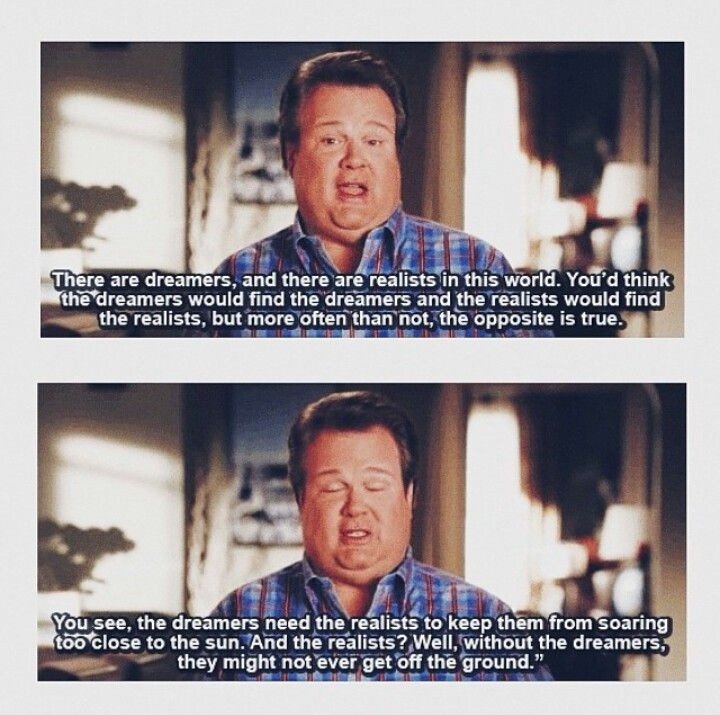Job browsing can be tough for introverts. You might be reading through each job listing recruitment agencies featured. Trying to figure out if the job requires you to do any form of sales or not. But it’s not just sales, you’re taking measures to avoid any and all forms of jobs that will put you in the spotlight.
But before we begin….let’s first define what an extroverted job is.
What is an extroverted job?
For all intents and purposes of this article, an extroverted job is one that requires interaction and a lot of face-time with people. Examples include customer service, telesales, or tourist attraction guide positions.
I’m an introvert, why should I work an extroverted job?
You’ll develop useful skills (both soft and hard skills) that will be useful to both your resume and future role. Positions such as customer service jobs have been proven to help improve your emotional intelligence and people skills. Other benefits include:
Networking with multiple co-workers, each with different and unique skills sets that you can learn from.
You’ll learn to be around with people, instead of shying away.
You learn to be flexible and solve problems head-on. This will help you with your career development because you’ll be able to show future companies how much you’ve achieved and your abilities to tackle problems head-on.
So now that we’re done clarifying, let’s visit all the reasons that introverts in Singapore should apply for extroverted jobs.
Reason Number One: Introverts Know How to Listen

Extroverts talk a lot, but introverts listen. And being a good listener is beneficial in the workplace. Sources report that people with developed listening skills have better job performance and a better team player. Unlike extroverts, introverted colleagues are able to recall details that they’ve keenly observed during meetings.
Having well-developed listening skills is also useful when working client facing roles. With great listening skills, introverts are able to have genuine conversations with both clients and customers. This is especially useful for introverts trying to network and build meaningful relationships with both their clients and customers.
Reason Number Two: Introverts Know When to Recharge

Extroverts may love talking, but they’re just like introverts. At the end of the day, they’re spent and tired from the many hours spent socializing. The only difference between an extrovert and an introvert is that - introverts know when to recharge.
There are multiple disadvantages to not knowing how and when to recharge. Without taking time to yourself to recharge might lead to burnout, which causes a host of problems, such as, feeling run-down and unable to chip in during meetings.
Remember, it’s always better to be selective and happy than overwhelmed and unhappy, at your workplace.
Some ideas for silently recharging at the workplace include:
Having lunch alone
Zone out and listen to some music; as a form of quiet meditation
Meet a close friend for lunch
Taking a short nap
For more ideas on how to recharge as an introvert, check out this article by POPSUGAR.
Reason Number Three: Opposites Attract

As an introvert myself, the idea of having a client-facing job along with extroverted colleagues sound terrifying. However, having extroverted colleagues at an extroverted job can be beneficial.
Extroverted colleagues thrive on verbal communication. They enjoy teamwork and building both people and relationships. Whilst introverts thrive on nonverbal forms of communication. If the extrovert enjoys starting and leading meetings, introverts enjoy listening, taking down notes, and solving problems.
One benefit of working in an extroverted position is the ability to step outside of your comfort zone and learn to collaborate with all sorts of people; introverts, ambiverts, and extroverts. If you’re a student working a holiday job, you’ll also be able to apply this knowledge to your final year polytechnic projects, school assessments, and other forms of group work.
Looking for a place to hang out with your extroverted colleagues once you’ve clocked out? Check out these articles:
Reason Number Four: Introverts are the Master of Disguise

Just because someone is an introvert, does not mean that they spend most of their working hours sitting at their desk silently, shunning away both the sunlight and casual talk. Many introverts are friendly and sociable individuals, who can comfortably network if required.
As such, introverts are the masters of disguise and can easily strike up conversations when needed. They just need to rest in a quiet, laid back environment from time to time.
There’s also the stereotype that introverts never speak up due in a workplace due to their overwhelming shyness. This couldn’t be further from the truth. Most introverts will speak up and when they believe that they have something important to say or when they are deeply passionate about a certain topic.
Reason Number Five: Introverts Make Better Decisions

Extroverts are brash risk-takers. They desire to take reward themselves (it’s not their fault, it’s just how the extroverted brain is wired) and may take risks without thinking them through. Why? It’s simply because extroverts look forward to the reward they might receive (i.e. job promotion, leaving work early to enjoy time with their family or friends, etc).
Introverts, on the other hand, think about the decision they’re about to make thoroughly. If you want to get scientific, Dear Introvert has a great article on why introverts tend to overthink. The introverted brain thrives on acetylcholine, a neurotransmitter that our brains release when we read, concentrate, or use our brains in any way.
Thanks to this, introverts are more likely to make better decisions at work. A trait that any organisation will benefit from.
There are a myriad of reasons that encourage introverts to apply for extroverted positions. We hope that this article helped inspire you to broaden your job search when hunting down either a full-time, part-time, or temporary job in Singapore.
If you’re an introvert seeking to step outside of your comfort zone, don’t be afraid to tell the various job agencies or recruiter of your choice. Visit BGC Singapore's job portal for some interesting extroverted positions.
Enjoyed this article? Read our other personality-related articles below:
